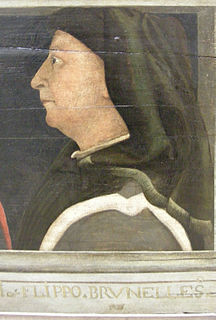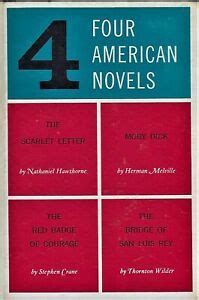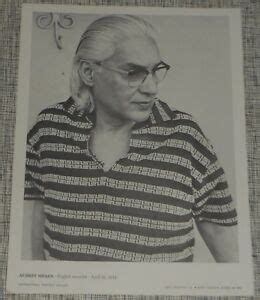A Quote by Mark Twain
Every inventor is a crackpot until his idea succeeds.
Related Quotes
Thomas A. Edison was once reluctantly persuaded by his wife to attend one of the big social functions of the season in New York. At last the inventor managed to escape the crowd of people vying for his attention, and sat alone unnoticed in a corner. Edison kept looking at his watch with a resigned expression on his face. A friend edged near to him unnoticed and heard the inventor mutter to himself with a sigh, "If there were only a dog here!"
I feel like there's a voice in my head, always, telling me every idea is brilliant, and another telling me every idea is the worst. And they argue in my head until somebody wins, until I solicit an audience to be, like, 'Will you help me figure this out? Is this the best or the worst idea?' And they tell me!
I consider myself an inventor first and an entrepreneur second. In real life, my hero is Thomas Edison. He was a great inventor, but also an outstanding entrepreneur who was able to sell his inventions to the masses. He didn't just develop the light bulb; he invented the entire electric grid and power distribution system.
Next came the Patent laws. These began in England in 1624; and, in this country, with the adoption of our constitution. Before then [these?], any man might instantly use what another had invented; so that the inventor had no special advantage from his own invention. The patent system changed this; secured to the inventor, for a limited time, the exclusive use of his invention; and thereby added the fuel of interest to the fire of genius, in the discovery and production of new and useful things.
The man who succeeds above his fellows is the one who early in life, clearly discerns his object, and towards that object habitually directs his powers. Even genius itself is but fine observation strengthened by fixity of purpose. Every man who observes vigilantly and resolves steadfastly grows unconsciously into genius.
Every really able man, in whatever direction he works - a man of large affairs, an inventor, a statesman, an orator, a poet, a painter - if you talk sincerely with him, considers his work, however much admired, as far short of what it should be. What is this Better, this flying Ideal, but the perpetual promise of his Creator?




































